The undermining of journalism – the process that has divested it of the power and role acquired since the Enlightenment – is almost always explained by factors stemming from the new media landscape and the economic constraints to which the press is subjected. This new situation has especially punished (and sometimes even abolished) some journalism genres: news reporting, cultural journalism, features and investigation. Modern journalism, which was born with the Enlightenment and prompted Hegel to say that reading the newspaper is the modern man’s morning prayer, received a cultural and critical role to play, in the broader sense: it was supposed to contribute, along with other institutions, to the socialisation of culture and the creation of a public space capable of promoting rational public opinion. Clearly, the current conditions of both its practice and diffusion have eroded journalism with respect to the obligations that it has assumed since its origins and displaced it from what has been the field of its legitimisation for over two centuries. In fact, a portmanteau has been created to refer to this now naturalised merging of journalism and entertainment: infotainment.
Alongside this combination that signalled a trend towards the innocuous and the irresponsible, the field of journalism has been taken over by a promiscuous hyphenation – the hyphen in ‘political-media’ – suggesting professional collaboration and an alternating role between journalists and politicians. The two form an amphibious and interchangeable class that can be called either political-‑journalistic or journalistic-political. This amphibology is a sign that it is urgently
necessary to do what the media resist doing above all – self-criticism – and declare that the profession has gone awry, a conclusion that can be confidently announced today. The reasons behind this announcement are not so different from those that at the beginning of the 20th century led Karl Kraus to say, with unmatched satirical force, that the press was the ‘great prostitute of Vienna’. ‘Our profession has gone awry’ (Notre métier a mal tourné) is precisely the title of a book by two French journalists, Philippe Cohen and Elisabeth Lévy, published in 2008. There is, however, a dearth of criticism and analysis coming from the inside. If certain professional and economic activities invest in strategically underplaying their triumphs and prefer to project an image of chronic crisis, the media seem to believe that they stand to gain from silencing their shortcomings and omitting their errors. Sometimes they do it out of arrogance; other times for fear of losing the capital that they depend on the most: trust. According to this tendency towards avoiding the disclosure of their errors and faults, the general rule consists of demagogically celebrating their successes and carefully hiding their problems and failings.
As for the aforementioned amphibology concerning the passage from political to media roles (and vice versa), the Portuguese media landscape represents an extreme example of unprecedented proportions. This fact largely contributes to the excess of political ‘op-eds’ and ‘commentary’ afflicting journalism today. Journalism’s fragility (both from an economic and editorial point of view) can be measured, among other criteria, by how much the political power permeates it.
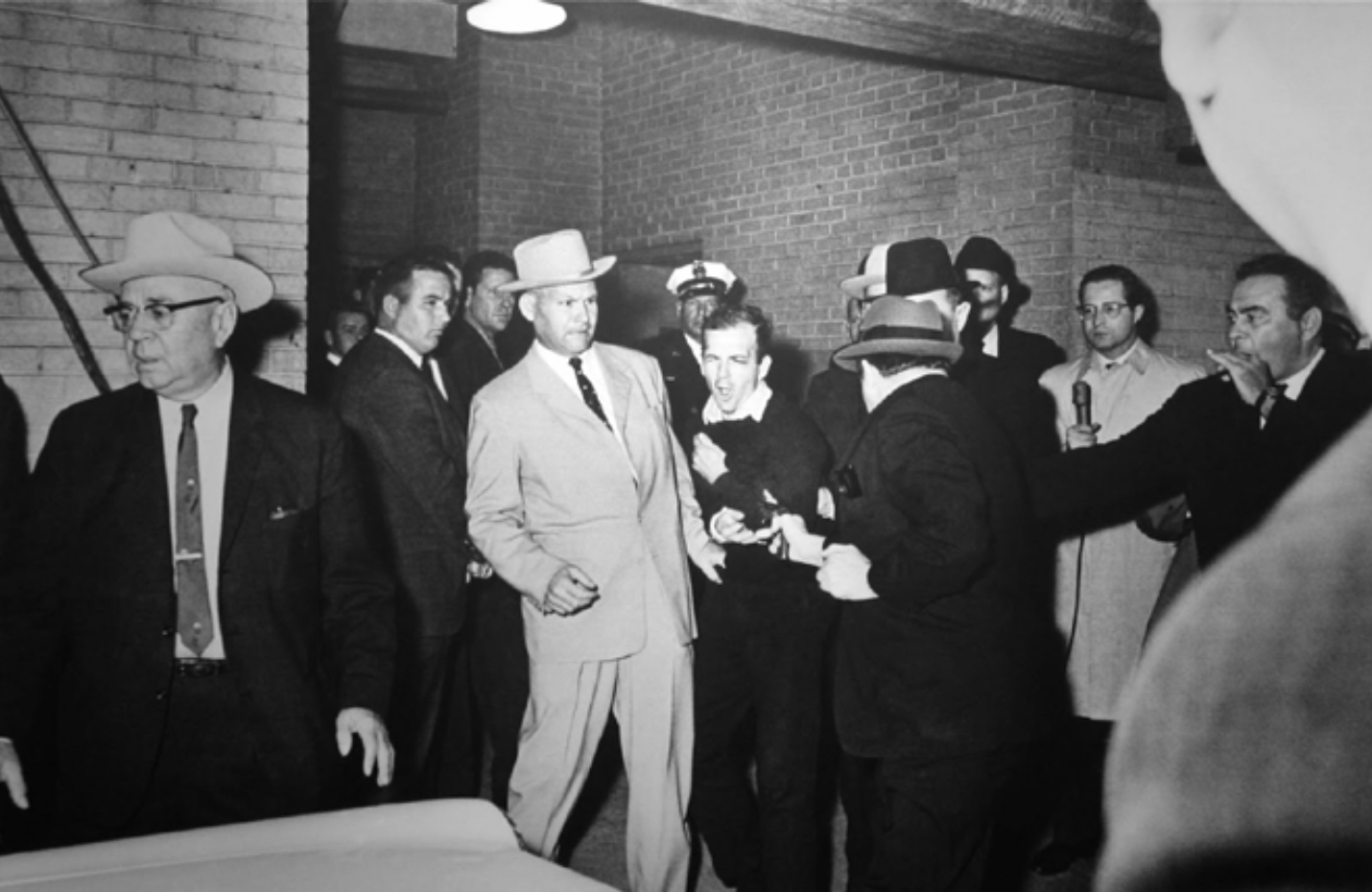
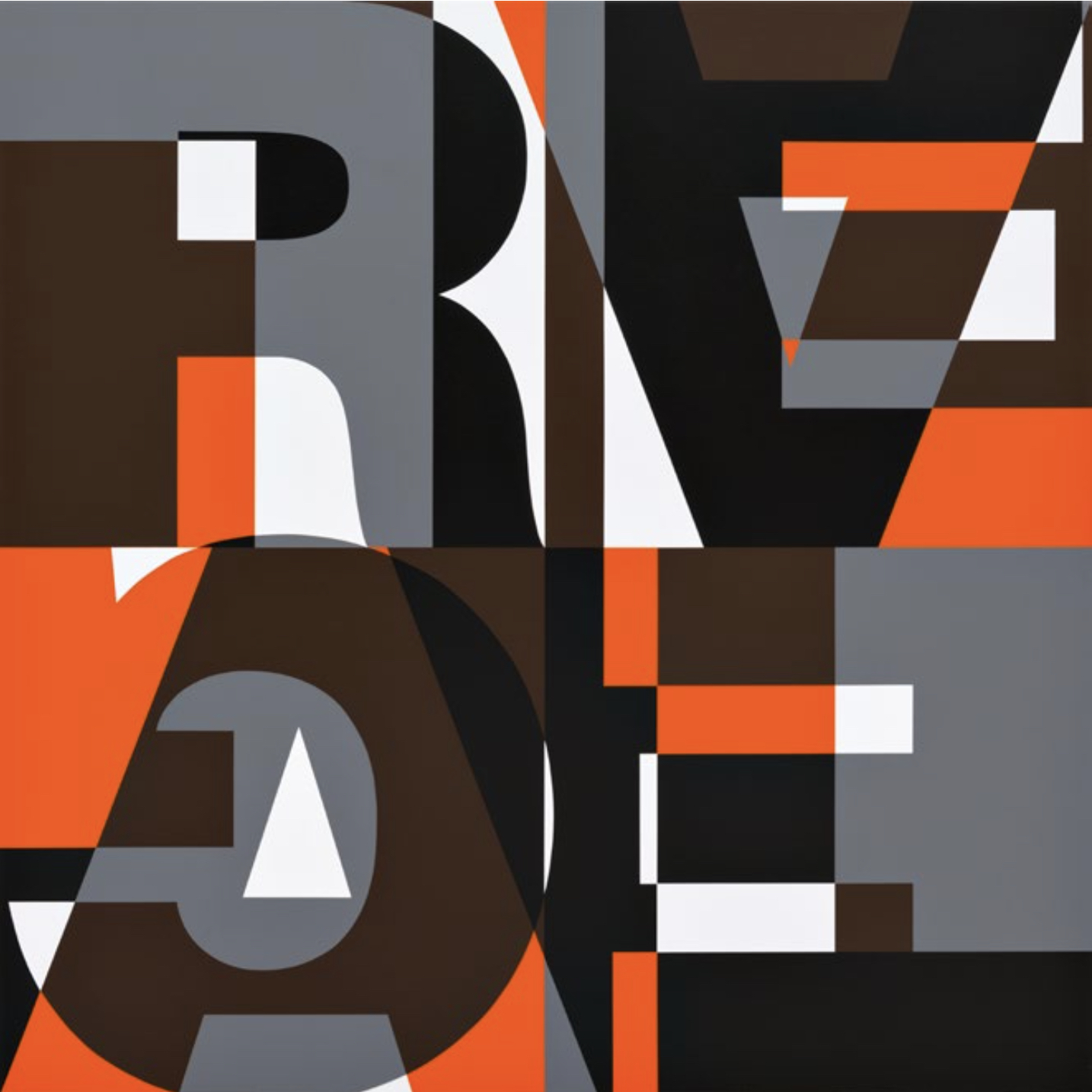
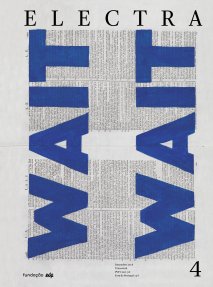
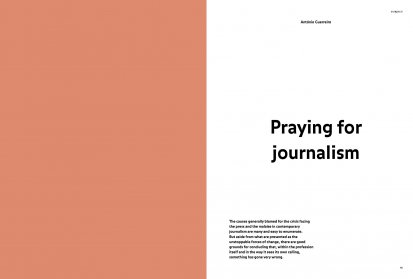
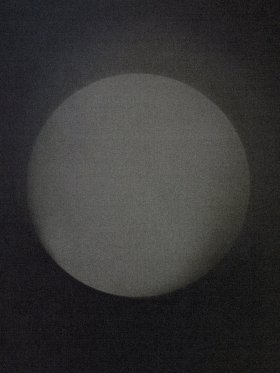
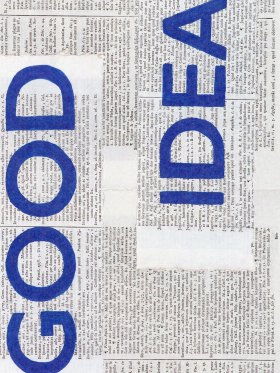
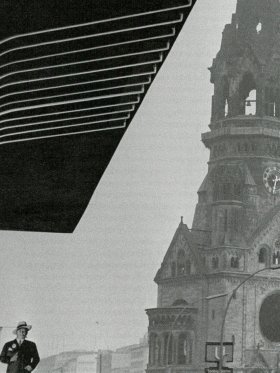
Share article